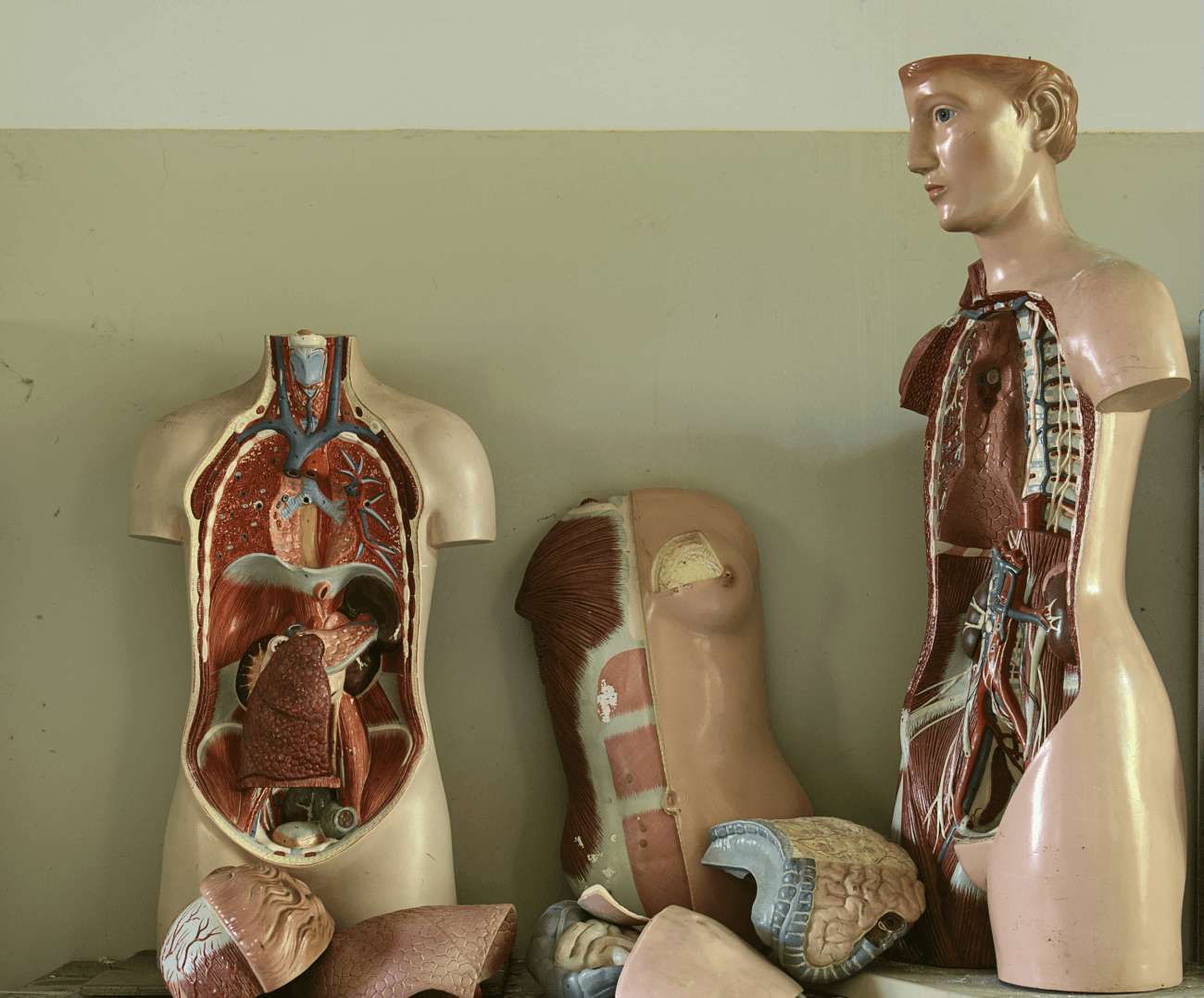
An ultrasound scan is an imaging technique that uses sound waves, to examine the functioning of the body organs. It is also known as USG or Sonography.
A liver ultrasound scan is a specialized radiology procedure that comes under nuclear medicine. The procedure is used to identify certain conditions of the liver or to assess liver function. It is also used to check the progress of treatment of certain conditions. It is also known as a liver-spleen scan because the spleen is also examined because of its close functional relationship to the liver.
Usually, the question is, why do doctors recommend a liver ultrasound, what is the procedure and preparation, and what are the risk factors as well as benefits? So, in this blog, we will explain every query that comes into your mind when the doctor recommends you for Liver Ultrasound.
Why should a doctor recommend Liver Ultrasound?
There are many reasons for your doctor to recommend a liver ultrasound.
- To diagnose the diseases like Liver Cancer, Cirrhosis of the liver, Hepatitis, cyst of the liver, Tumours, Cyst of the spleen etc.
- To access the conditions of the liver or spleen after the unexplained pain in the abdomen
- To access the conditions of liver and spleen after abdomen trauma.
- To see the enlargement of the liver or spleen.
- To access response to therapy for liver problems.
- To monitor the liver disease course.
- To detect portal hypertension and many more.
What are the benefits of a Liver Ultrasound?
When your doctor recommends Liver Ultrasound and you get it done, then the doctor will use your radiology report to make an important decision about your diagnosis to proceed with further treatment. Having accurate tests provides help in accurately assessing the disease. It is also helpful for your doctors to determine whether follow-up screening or treatment is needed and if it’s going well or not. If you have feelings of worry about your test, an accurate liver ultrasound gives a great way to get more clarity on your diagnosis and peace of mind.
The procedure of Liver Ultrasound
Now we will discuss the procedure in detail. Generally, the mentioned below procedure is followed.
The liver ultrasound itself doesn’t cause any pain. But lying still for a long time during for complete procedure might cause some discomfort or pain. So, the technician usually uses every possible comfort measure to complete the procedure as soon as possible and to minimize any discomfort or pain.
- The technician will ask you to remove clothes and wear a gown for patients.
- You will be asked to remove any metallic objects like jewellery, dentures, watch, hair pins, bracelets etc. that may interfere with the procedure.
- The technician will start an intravenous (IV) line in your hand or arm for radionuclide injection.
- After giving the radionuclide injection into your vein, you will be asked to wait because the radionuclide will be allowed to concentrate in the liver tissue for a minimum of 30 minutes.
- During the scan, a technician will ask you to lie still on a scanning table because any movement while scanning may affect the quality of the scan.
- To detect the gamma rays emitted by the radionuclide in the tissues of the liver, The scanner will be placed over the right upper quadrant of the abdomen.
- To obtain views of all the surfaces of the liver, you may be asked to reposition during the scan.
- The technician will remove the IV line When the scan has been completed.
Preparation for the test
The preparations of the test vary depending on the body part that is examined.
Now we will explain the basic preparation for the test.
- In case of pregnancy or if you are thinking about family planning, Please inform the technician and please consult with your doctor before scheduling the exam.
- If you are breastfeeding, then you should notify the technician before scheduling the scan because of the risk of contaminating breast milk with the tracer.
- You will be asked to change your clothes into a patient gown and also to remove all piercings as well as metallic objects as they can affect the procedure.
- No fasting or sedation is required before a liver scan.
- If you are allergic or sensitive to any medications, iodine or contrast dye, please don't forget to notify the technician before the exam.
Based on your medical history, the doctor may request other specific preparation.
Risks involved
There are no chronic risks involved. But in some cases, some acute risks may occur.
- Allergic reactions to the radionuclide are rare but in some patients, they may occur.
- Pain or discomfort due to prolonged lying for the scan.
Post Scan Instruction
- To avoid any dizziness or headache, move slowly after getting up from the scanner table.
- For about 24 hours after the procedure, Drink plenty of fluids and empty your bladder frequently to flush the remaining radionuclide from your body.
- If you notice any pain, redness, or swelling at the IV site after your procedure, you should notify the technician/ doctor.









